My Android studio project has an app module which is android framework dependent, I have created a new module called domain and it contains only pure java classes and a few test classes.
In this module's build.gradle file, I have added junit and mockito libraries for testing purpose as follows:
apply plugin: 'java'
sourceCompatibility = 1.7
targetCompatibility = 1.7
dependencies {
testCompile 'junit:junit:4.11'
testCompile 'org.mockito:mockito-core:1.9.5'
compile project(':common')
compile project(':model')
//test dependencies
}
But Android Studio is giving me !!! JUnit version 3.8 or later expected error message whenever I try to execute the test class.
All the suggested solutions to this problem is to open the Project Structure | Modules | Dependencies, and move the junit-4.7.jar up, so that it comes before Android 1.6 Platform in the classpath.
In fact, I have tried to implement this solution but the problem still exists.

Any idea on how to resolve this issue?
